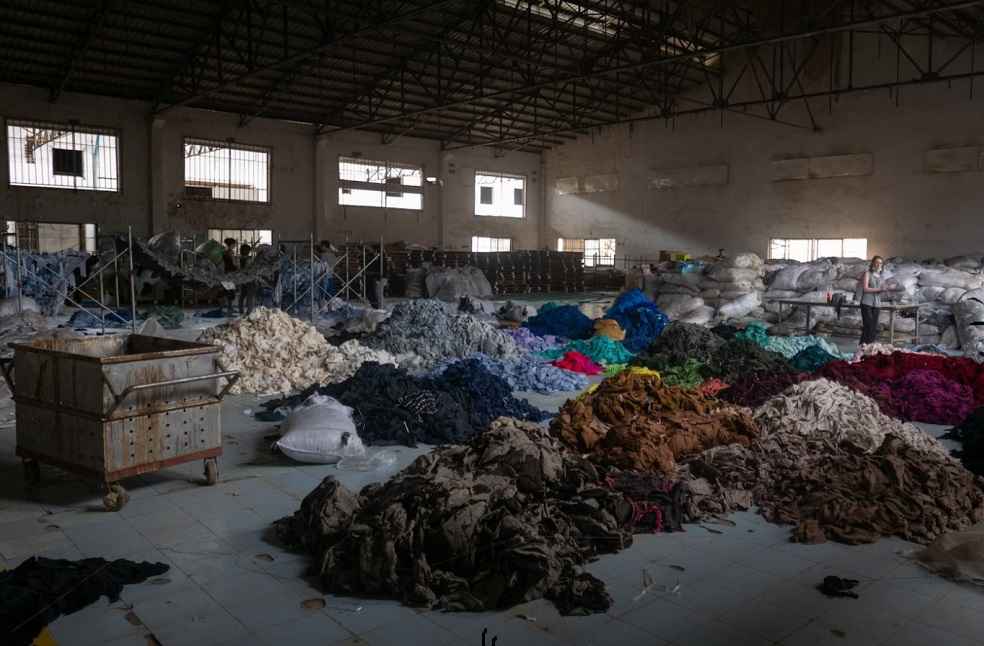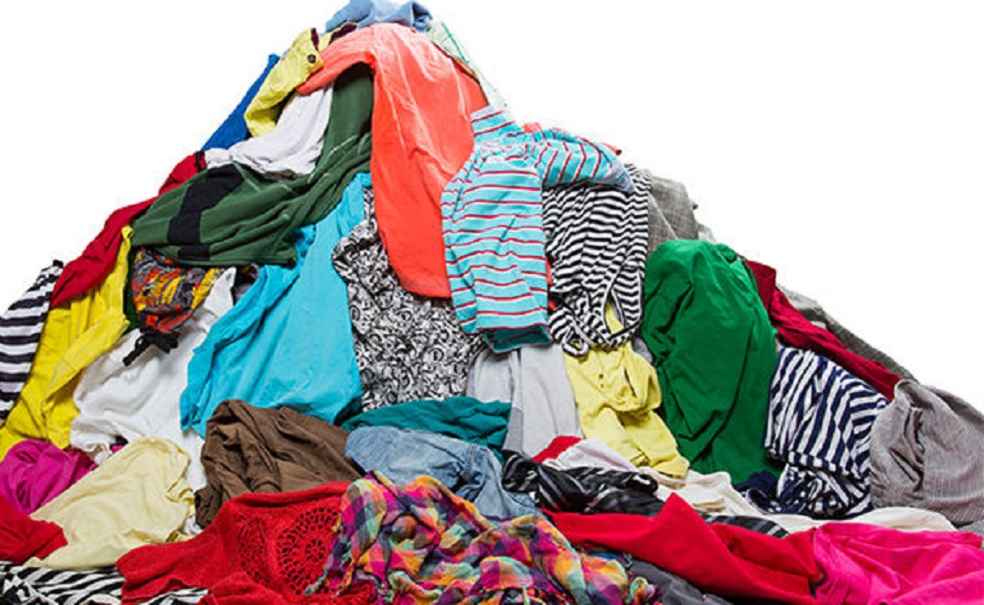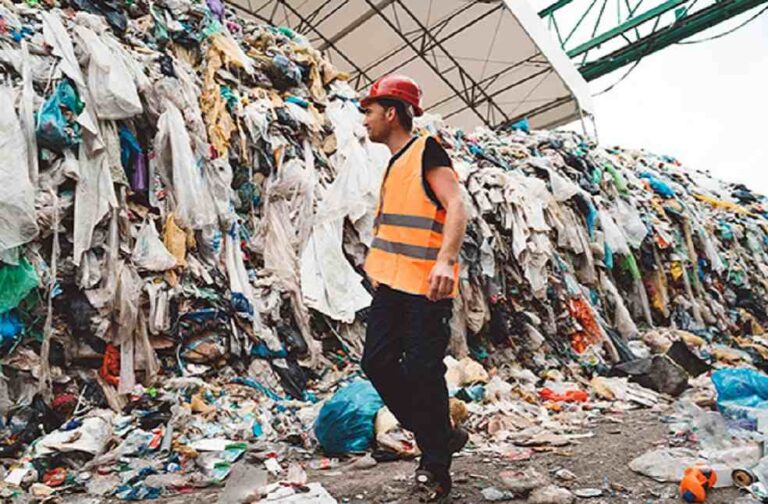Kenya has become Africa’s largest importer of second-hand clothes while struggling to revive its declining textile industry. According to Business Insider, the latest trade data from the Massachusetts Institute of Technology (MIT) shows Kenya imported second-hand clothing worth Sh38.5 billion ($298 million), reflecting a 12.45% increase from the previous year.
The surge underscores Kenya’s growing reliance on affordable second-hand clothing, known locally as ‘mitumba,’ surpassing Nigeria. Analysis from MIT’s Observatory of Economic Complexity revealed that Kenya’s 2022 imports of second-hand clothes and textiles reached Sh34.5 billion ($265 million), closely matching Nigeria’s total. South Africa followed in third place, with imports valued at Sh33.76 billion ($261 million).
In 2021, South Africa was the leading importer of used clothing, with imports limited to industrial production of wiping rags or donations to registered charities. Despite Nigeria’s official ban on used clothing imports, analysts observe the items are still smuggled into the country from neighboring regions.

In 2024, Kenya’s Parliament amended the Tax Law to eliminate the Import Declaration Fees (IDF) and the Railway Development Levy (RDL) for Mitumba. Kenyan Mitumba traders import a range of second-hand clothing, along with other used textiles such as bedding, towels, curtains, fabric scraps, and industrial rags.
Manufacturers strongly opposed the changes, while officials from the Trade Ministry rejected the amendments, claiming these were introduced covertly during the committee stage.

Kenya’s reliance on the African Growth and Opportunity Act (AGOA), which provides duty-free access to the US market for eligible African nations, adds complexity to the situation. To preserve AGOA benefits, particularly for textiles, Kenya is required to allow mitumba imports from the United States. Both Uganda and Ethiopia lost their AGOA eligibility after prohibiting mitumba imports.
To reduce mitumba imports, several East African Community (EAC) member states have increased tariffs, while others have implemented measures to promote local textile production.
Second-hand clothes from non-EAC countries are subject to a duty of 35% or $0.20 per kilogram. Rwanda raised tariffs on imported used clothing despite facing retaliation threats from the U.S., a key supplier of second-hand garments.
IMEX SECTOR | Ukrainian Apples Enter India, Boosting Bilateral Trade Growth



